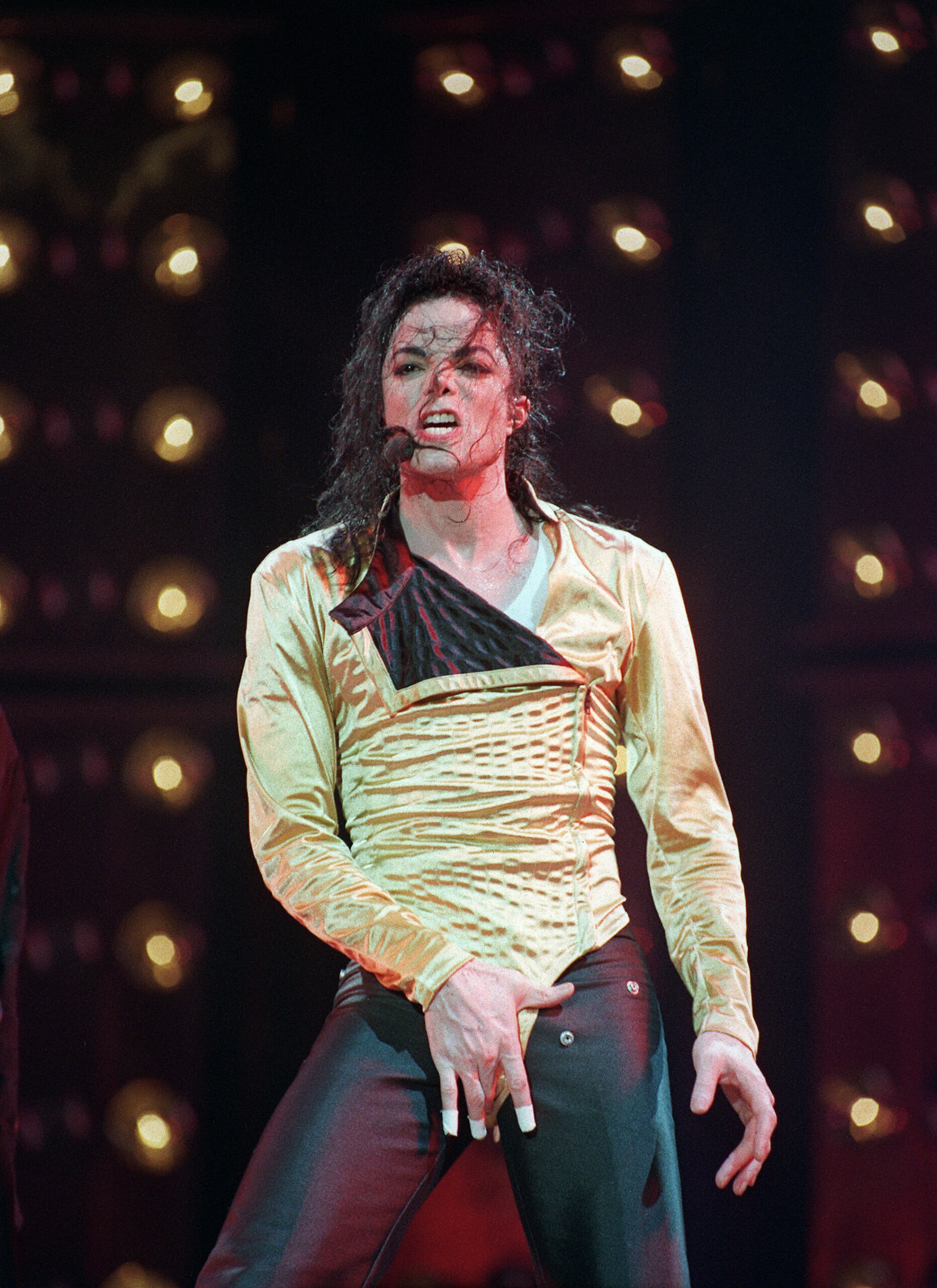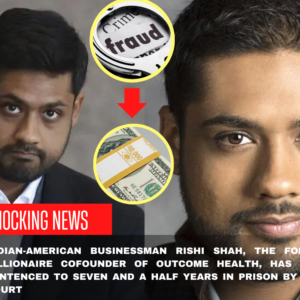Nearly fifteen years have passed since the shocking death of Michael Jackson, yet his final words continue to send chills down the spine.
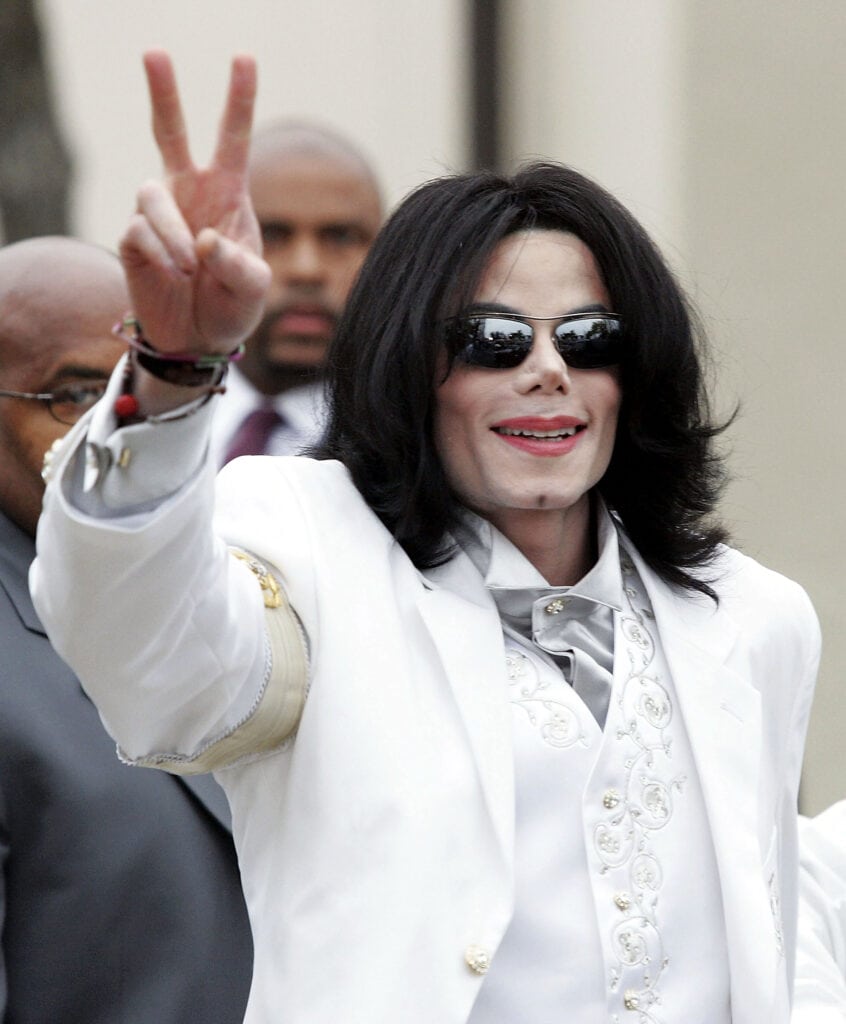
The King of Pop, known for his legendary hits and equally infamous controversies, dominated headlines for decades.

But on June 25, 2009, he made the news for a tragic reason: he died at the age of 50.

Paramedics rushed to Jackson’s Los Angeles mansion, responding to what seemed like a standard cardiac arrest.
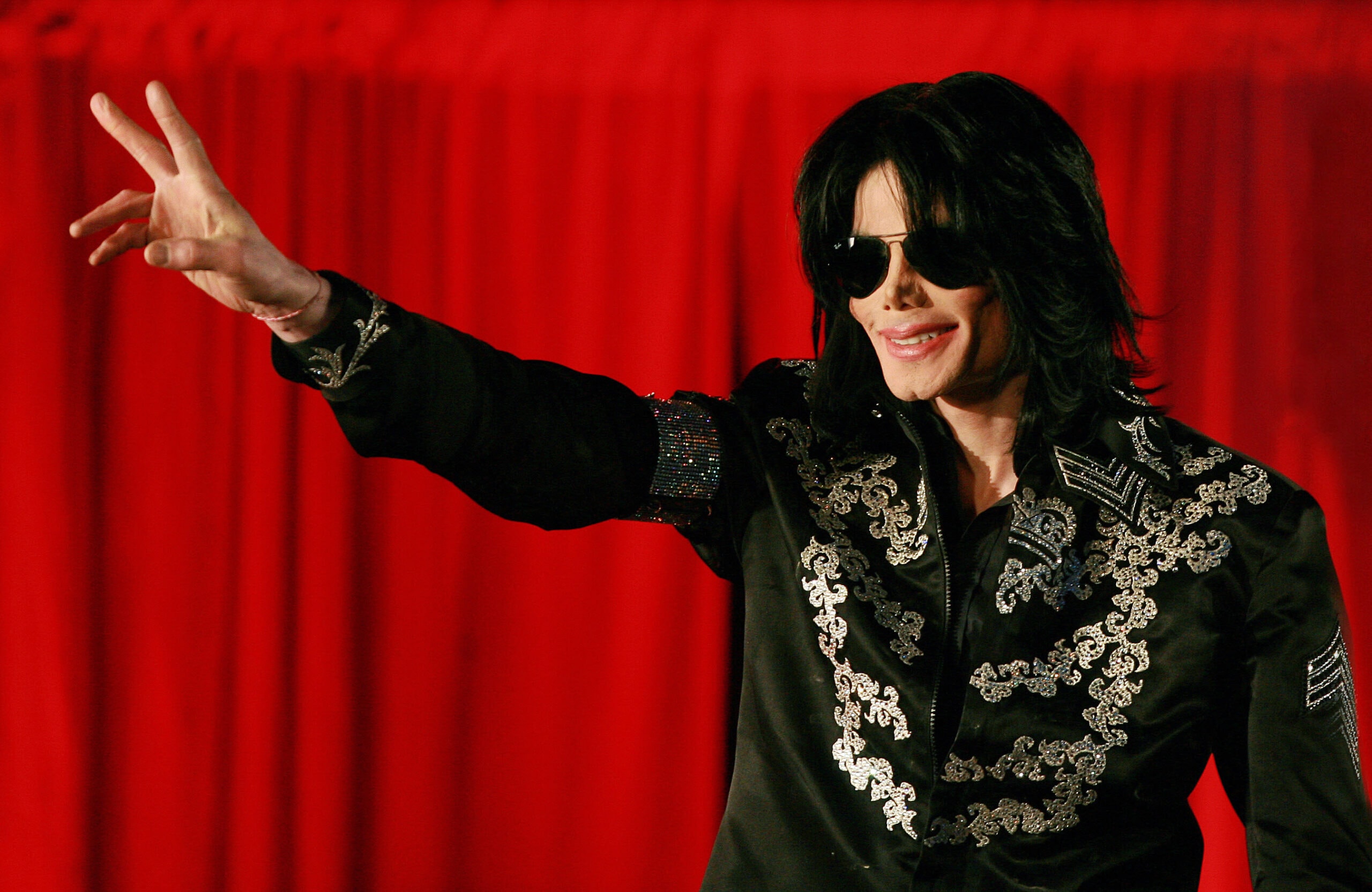
However, what unraveled in the subsequent years was anything but standard.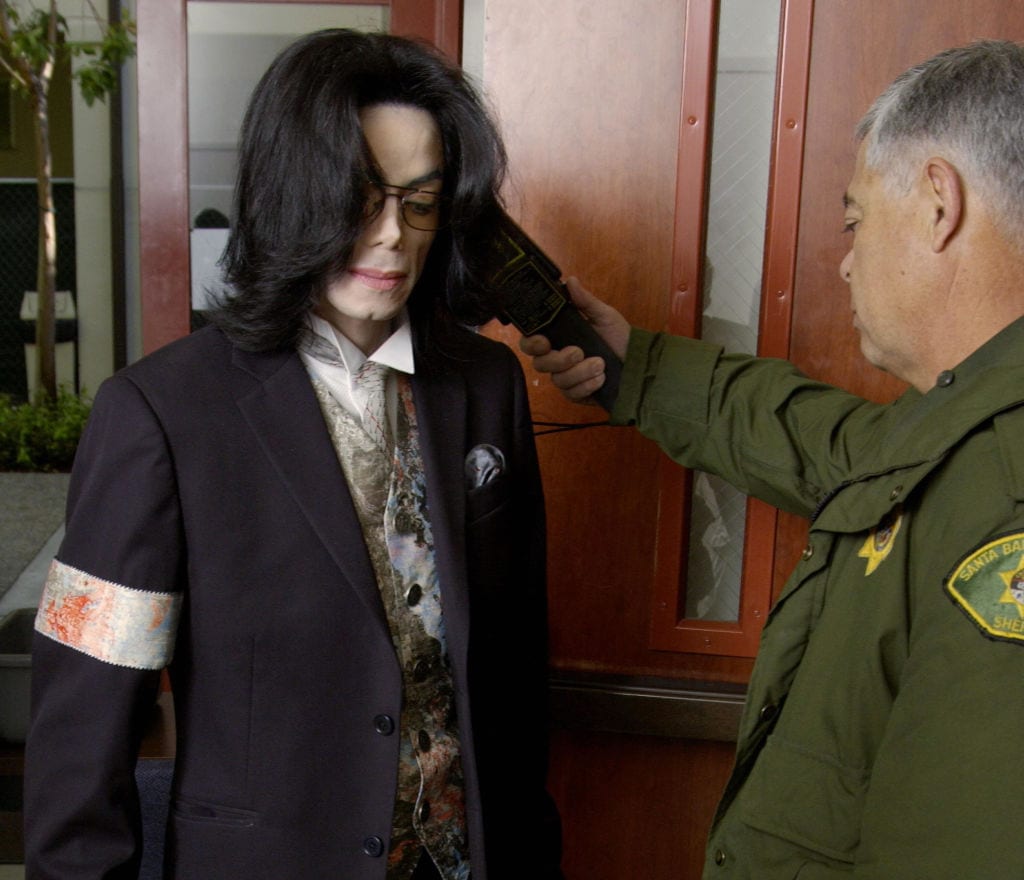
Jackson’s dependence on painkillers had been a dark shadow over his life for years.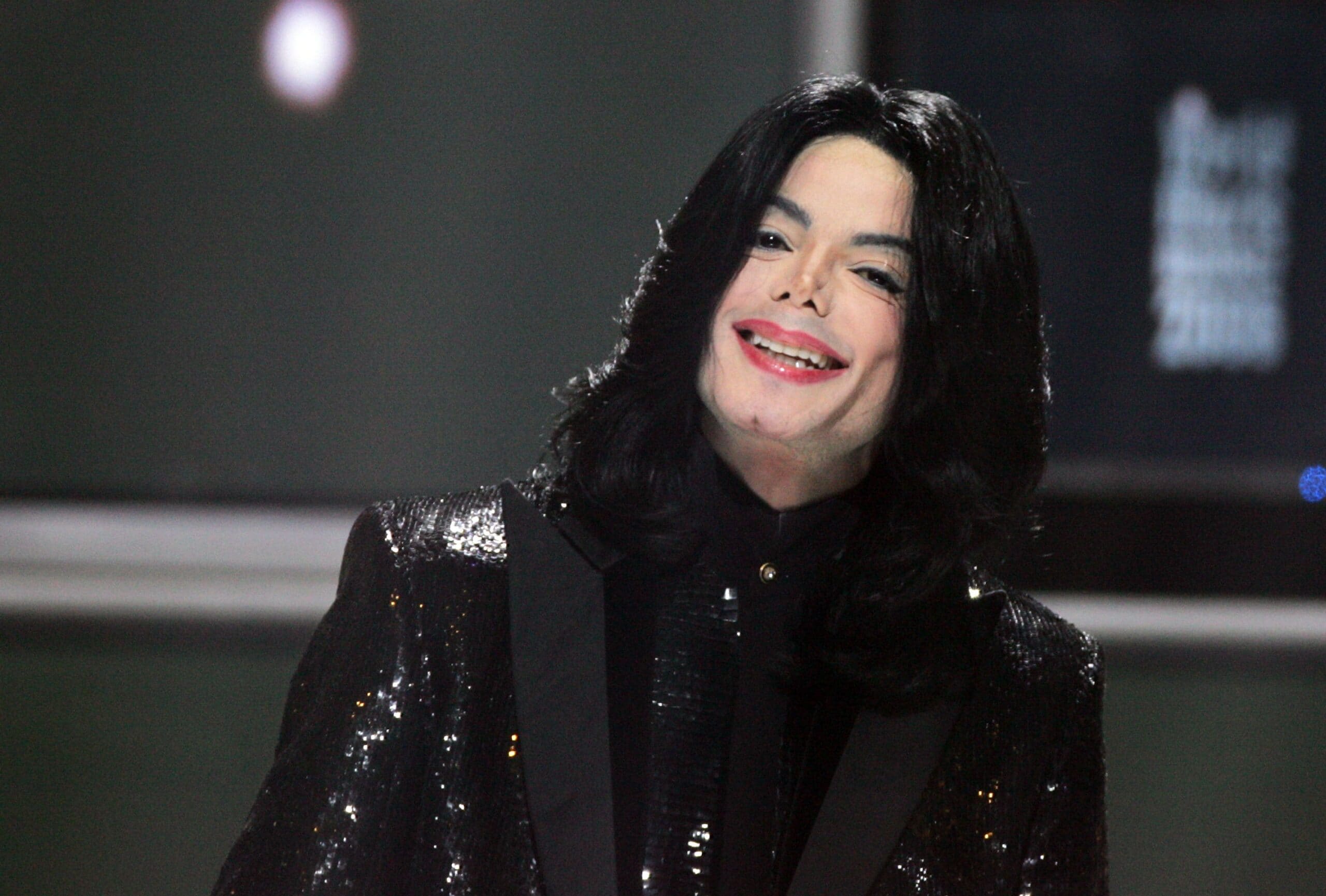
It all began in the 1980s when Jackson’s scalp was burnt during the filming of a Pepsi commercial.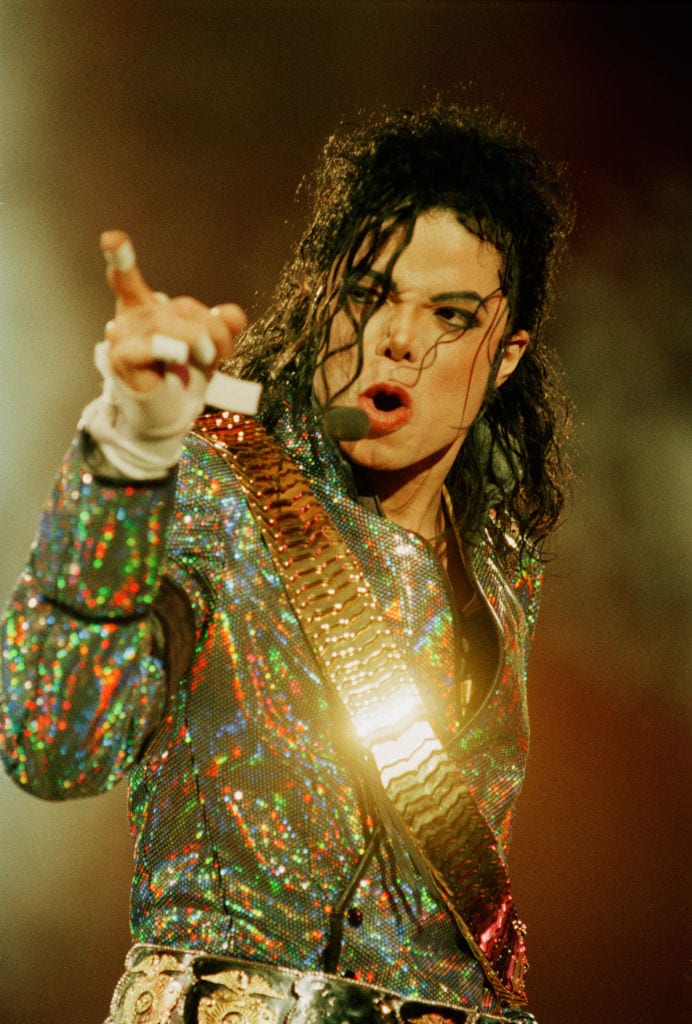
This horrifying accident led him to a dangerous reliance on painkillers to manage his pain.
Despite a stint in rehab in 1993, Jackson’s battle with addiction persisted throughout his life.
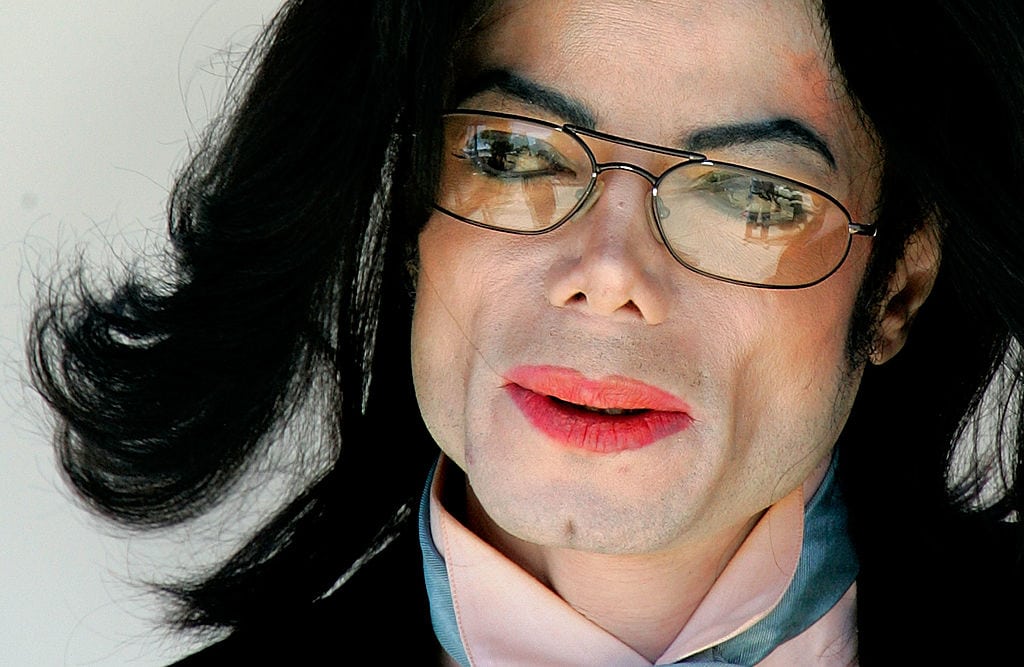
The Los Angeles County coroner later concluded that Jackson died from ‘acute propofol intoxication’.
Propofol, an anesthetic typically used in hospitals for surgeries, had become Jackson’s desperate solution for insomnia.
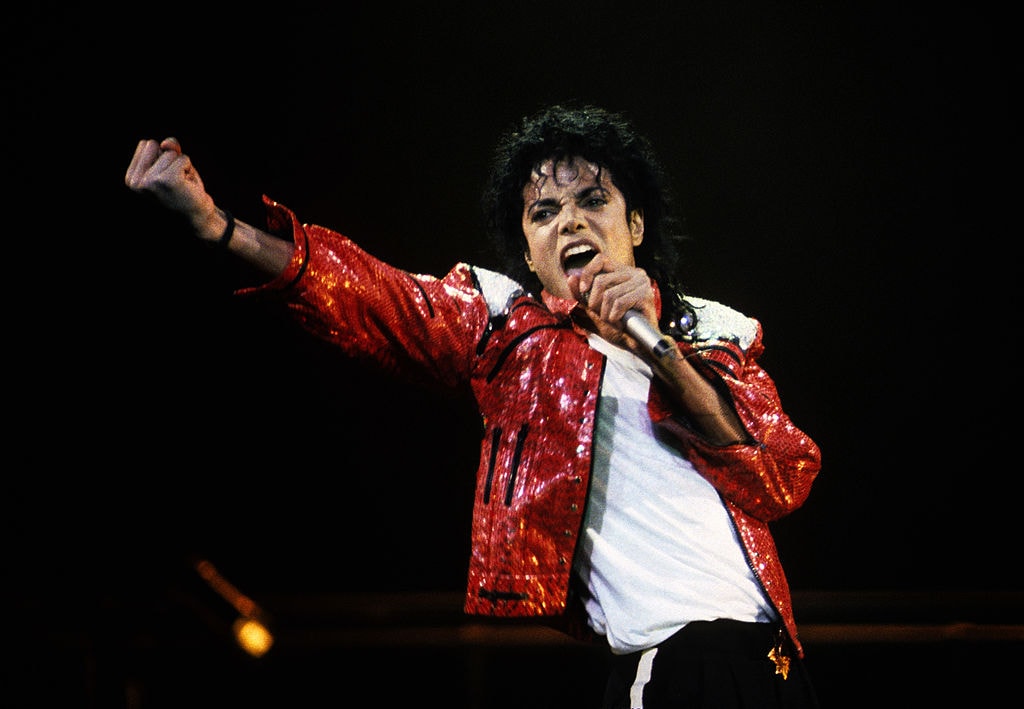
With a major comeback tour on the horizon, Jackson sought rest through this powerful drug.
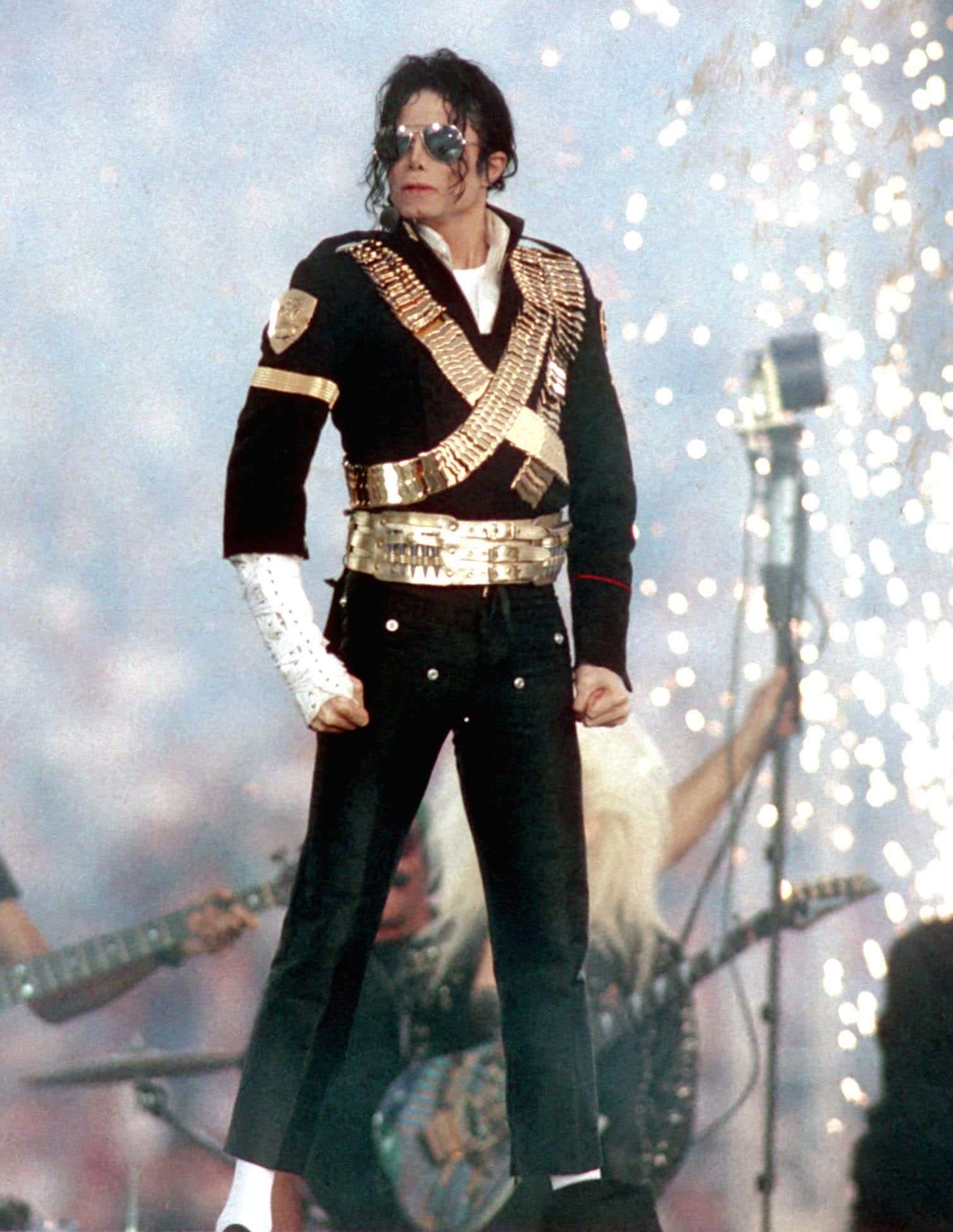
It was Dr. Conrad Murray who supplied him with the propofol that would ultimately end his life.
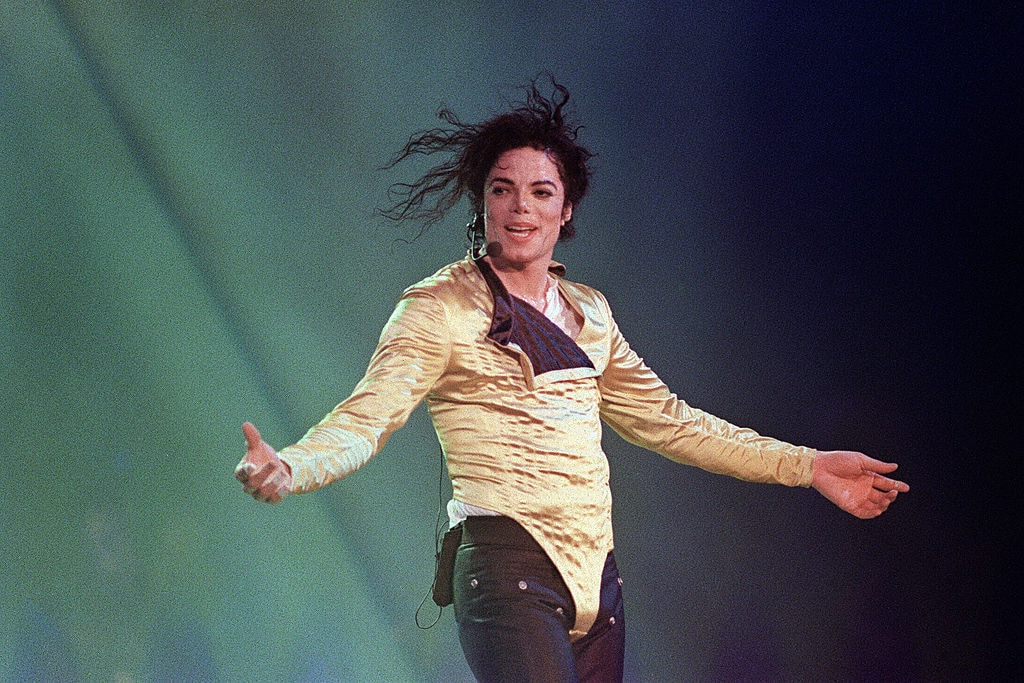
Murray was later sentenced to four years in prison for involuntary manslaughter.
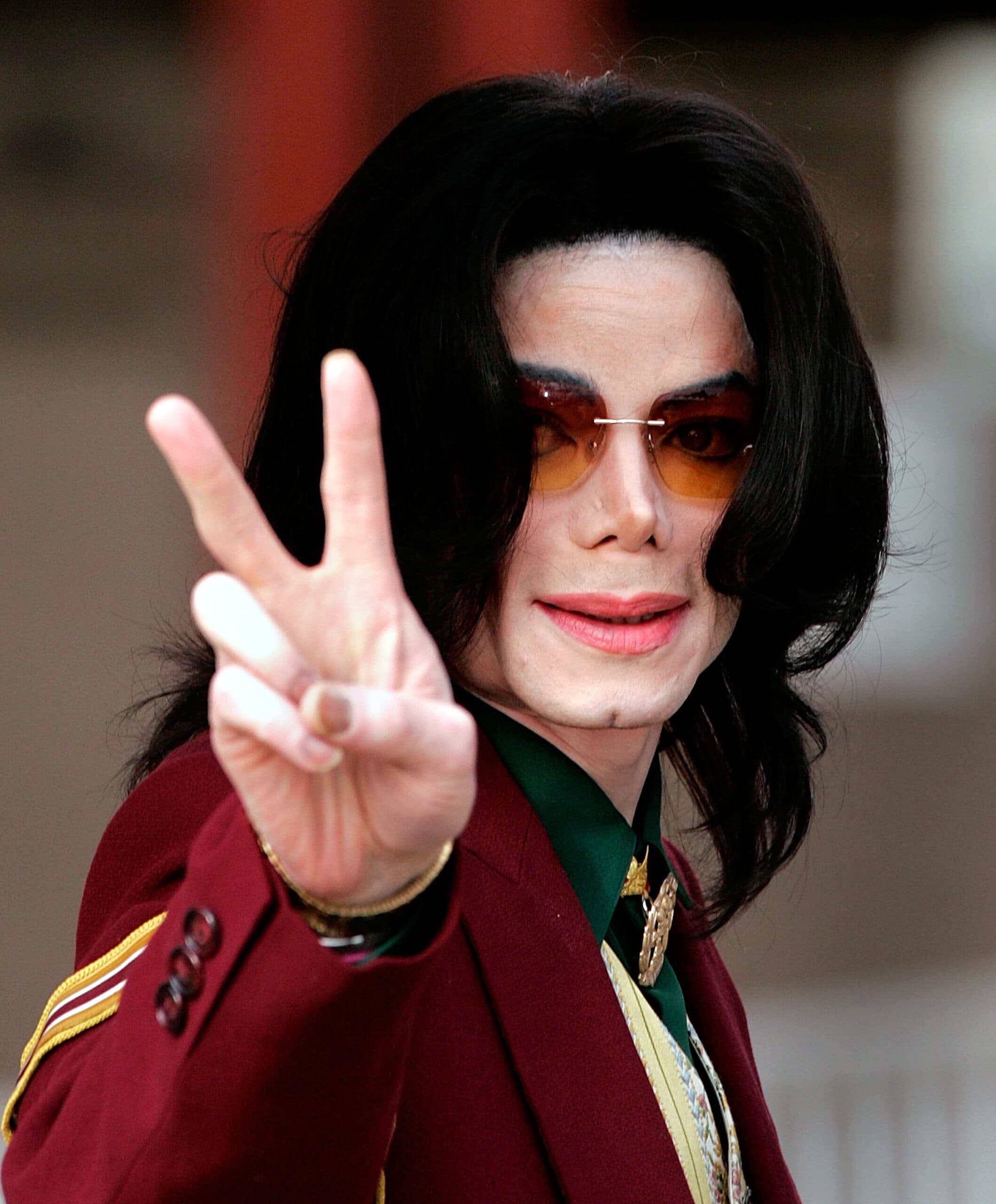
During Murray’s trial, the world learned of Jackson’s haunting final words: repeated pleas for ‘milk’.
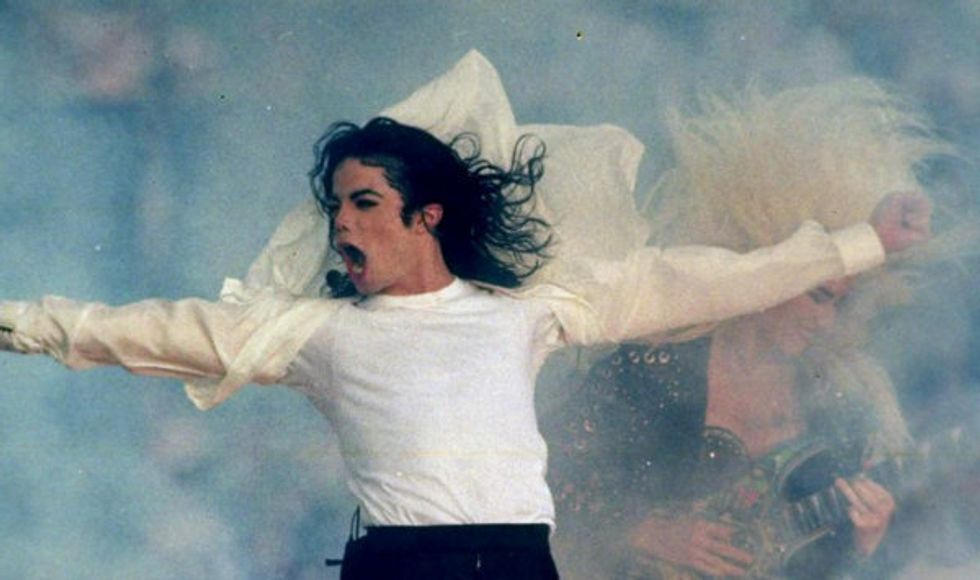
In the context of Jackson’s tragic demise, ‘milk’ referred to the ‘milk of amnesia’, a nickname for propofol.
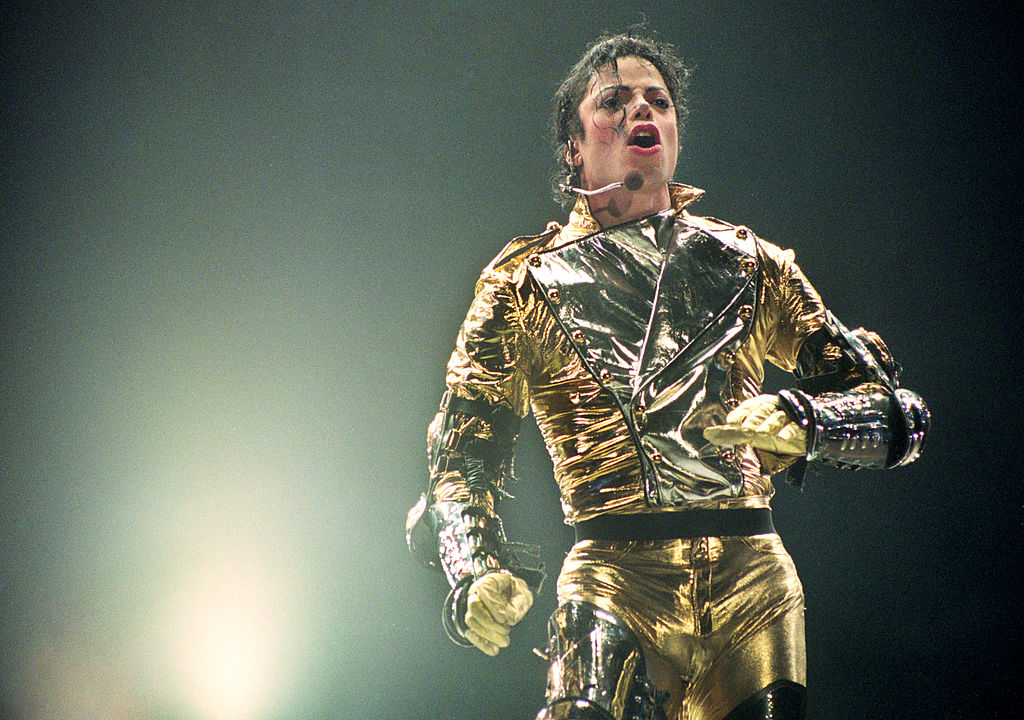
Sony Music Group strikes a monumental deal for Jackson’s catalog.
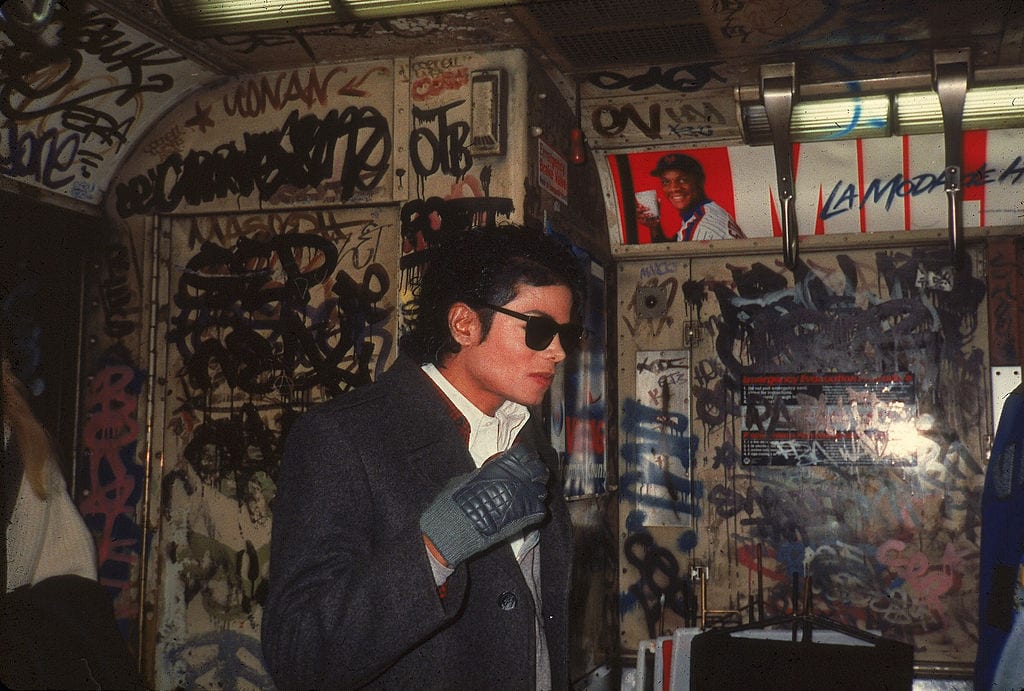
Murray even recorded some of Jackson’s last desperate pleas, where the pop star can be heard saying, “Just make me sleep; it doesn’t matter what happens.”
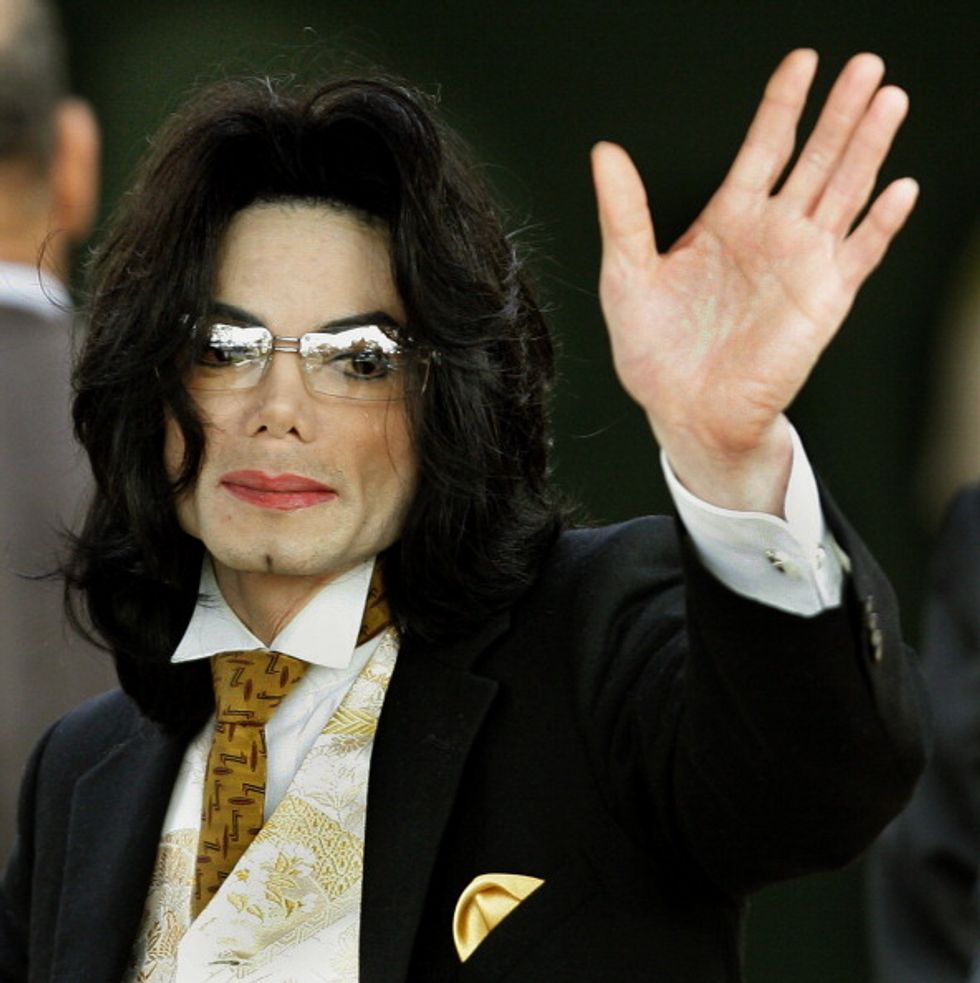
But before we delve deeper into Jackson’s tragic end, let’s rewind to understand the man behind the legend.
Michael Jackson’s meteoric rise to fame began with the Jackson 5, a group formed with his siblings in the late 1960s.
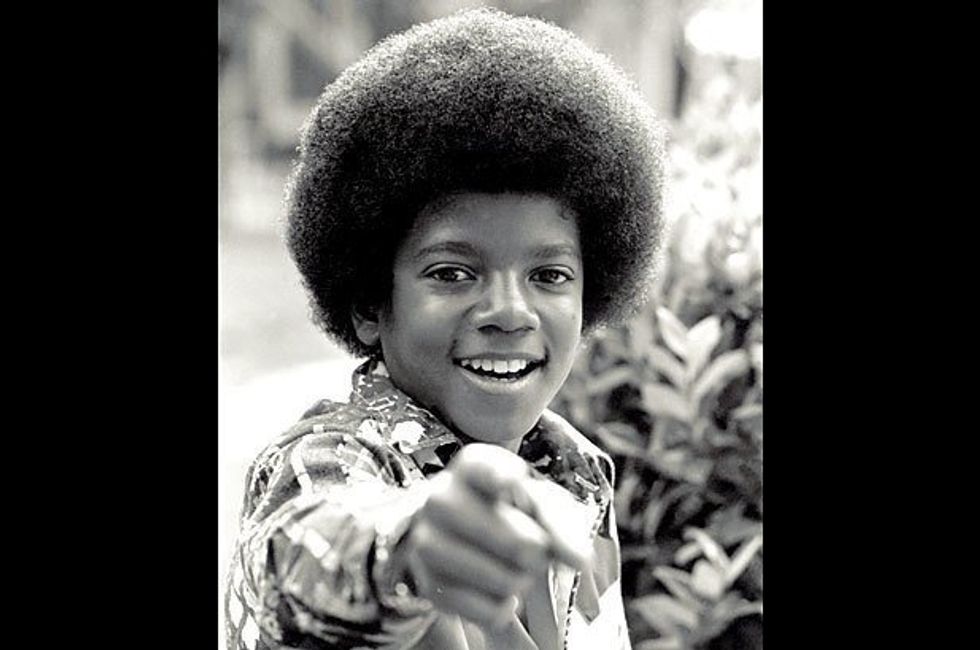
Their infectious energy and Michael’s incredible talent propelled them to stardom, marking the beginning of his extraordinary career.
By the 1980s, Jackson had established himself as a solo artist, releasing groundbreaking albums like “Thriller,” which remains the best-selling album of all time.
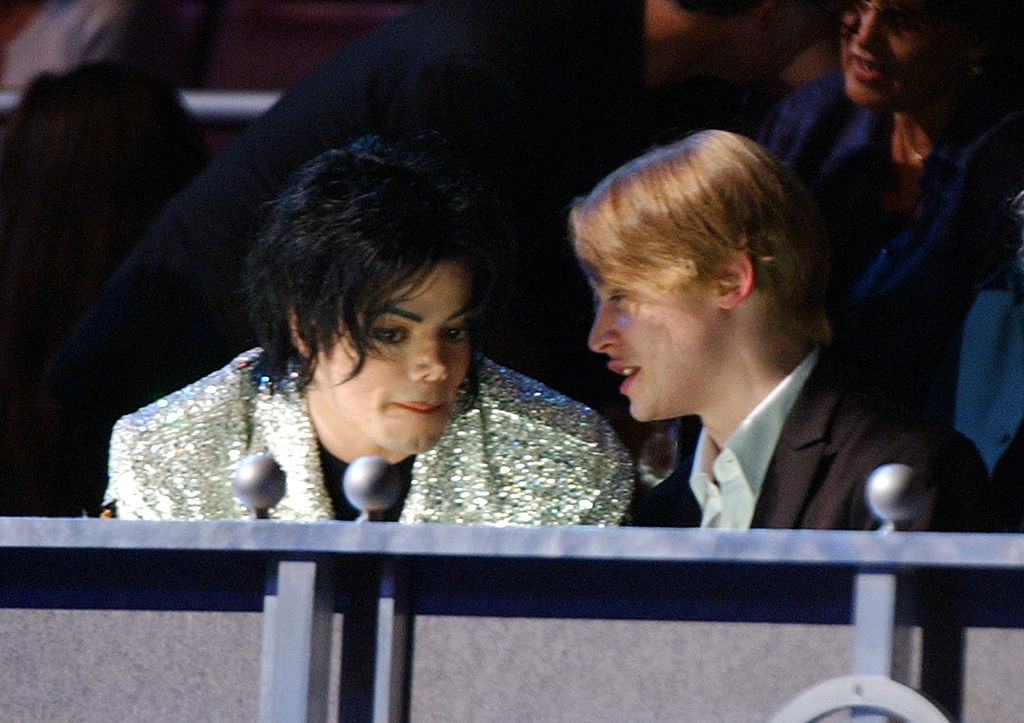
Jackson’s innovative music videos, mesmerizing dance moves, and unique voice captivated audiences worldwide.
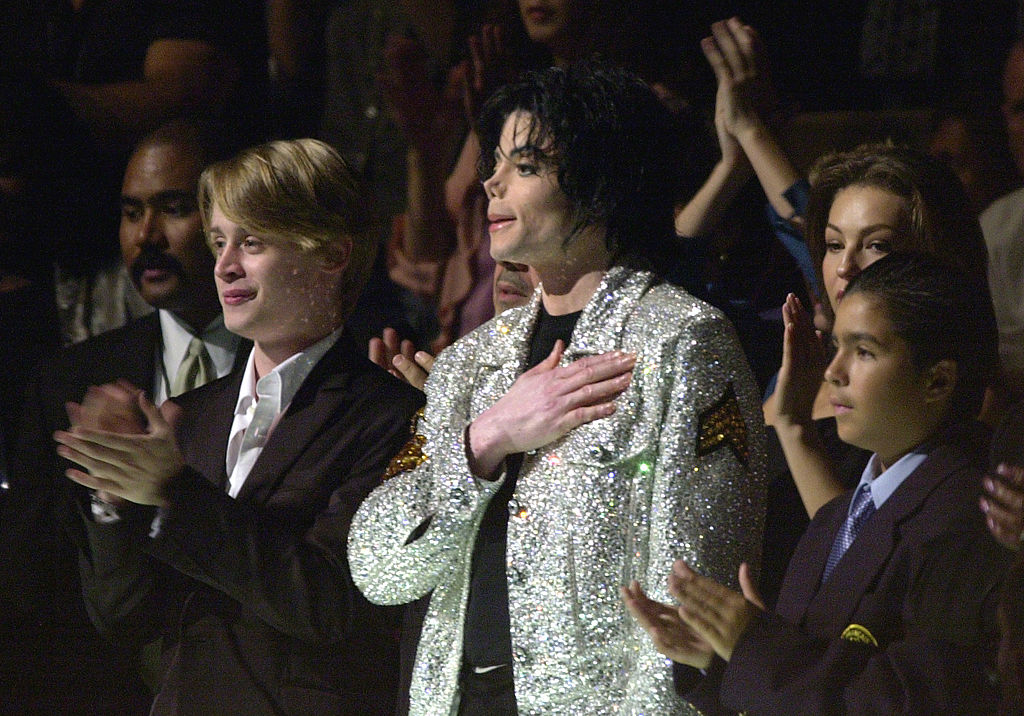
However, his life off-stage was marred by a series of controversies and personal struggles.
Accusations of child molestation, bizarre behavior, and a dramatic transformation in his appearance kept Jackson in the media spotlight for reasons beyond his music.
Despite these issues, his fans remained fiercely loyal, and his impact on pop culture was undeniable.
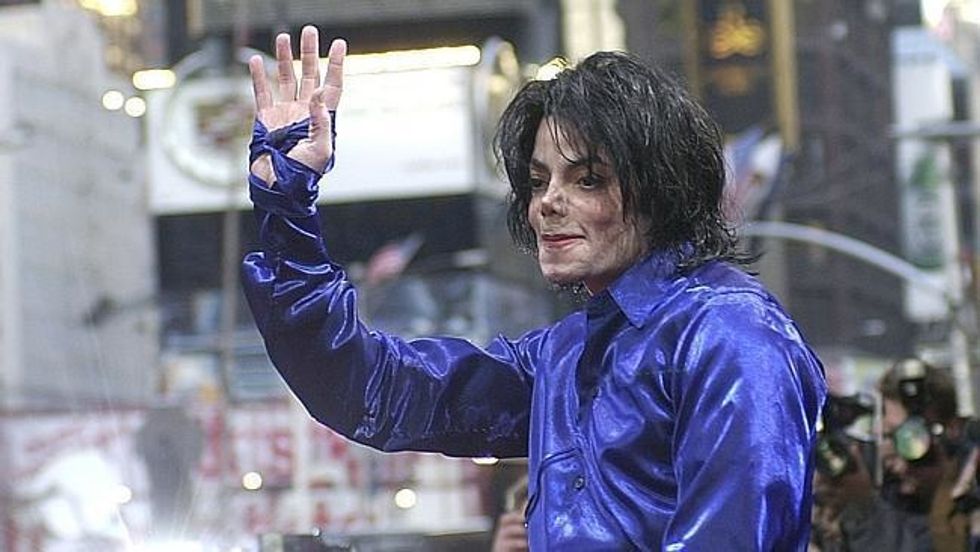
As his career progressed, Jackson’s health became a growing concern.

His reliance on painkillers intensified, fueled by the immense pressure of maintaining his image and dealing with his physical ailments.

By the time of his death, Jackson’s body was a battleground of prescription drugs.
On that fateful day in June 2009, Jackson’s dependence on propofol reached its deadly climax.
Dr. Murray, tasked with helping Jackson sleep, administered the drug as requested.
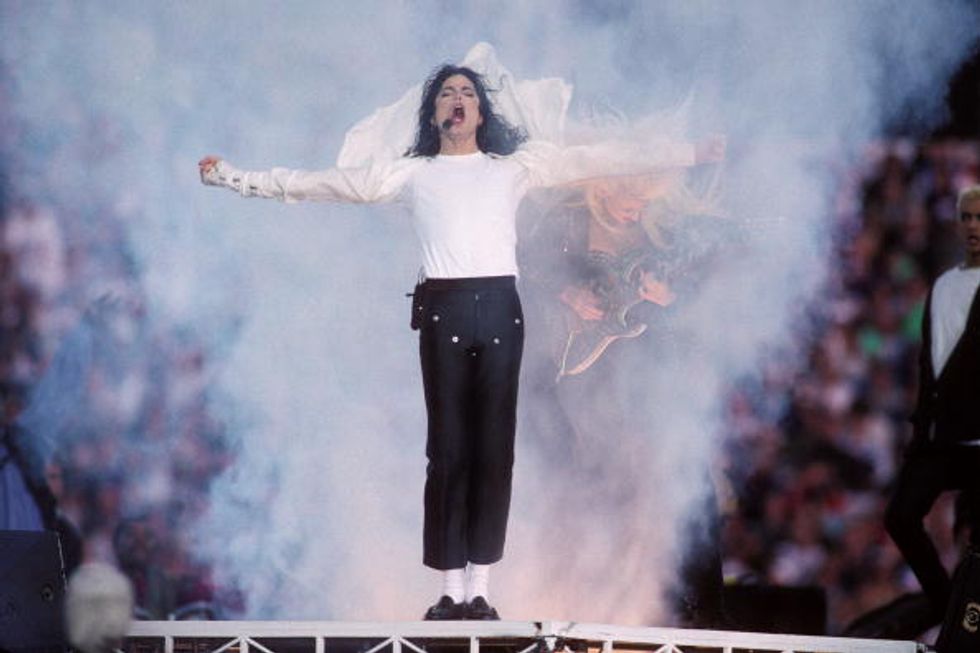
Moments later, he realized the singer was no longer breathing and desperately tried to revive him.
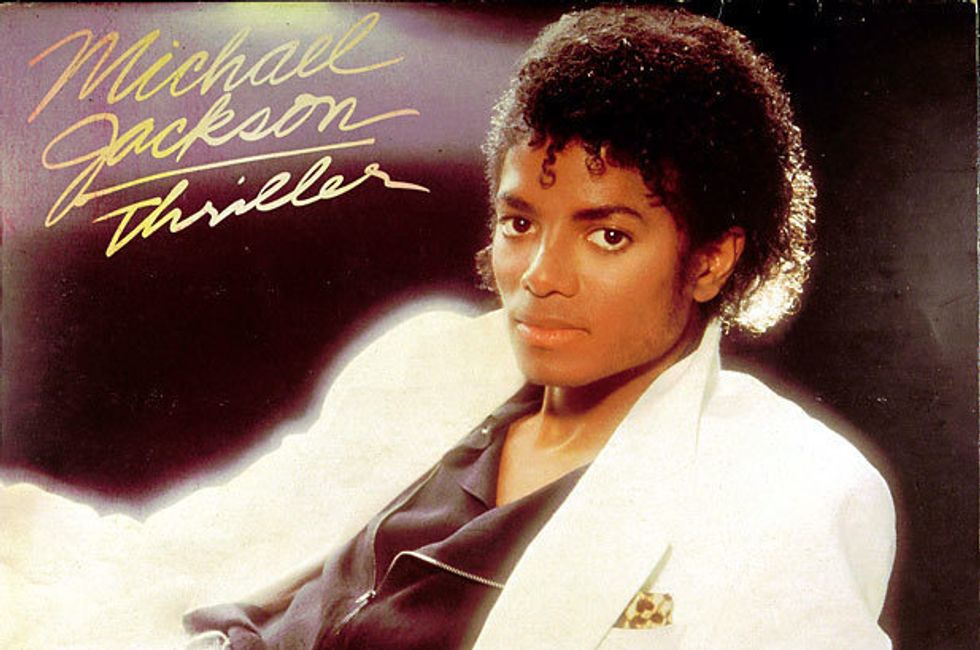
The frantic 911 call, Murray’s attempts at resuscitation, and the chaotic scene that followed painted a grim picture.
Despite efforts to save him, Michael Jackson was pronounced dead at the Ronald Reagan UCLA Medical Center.

His death sent shockwaves around the world, leaving fans and the music industry in mourning.
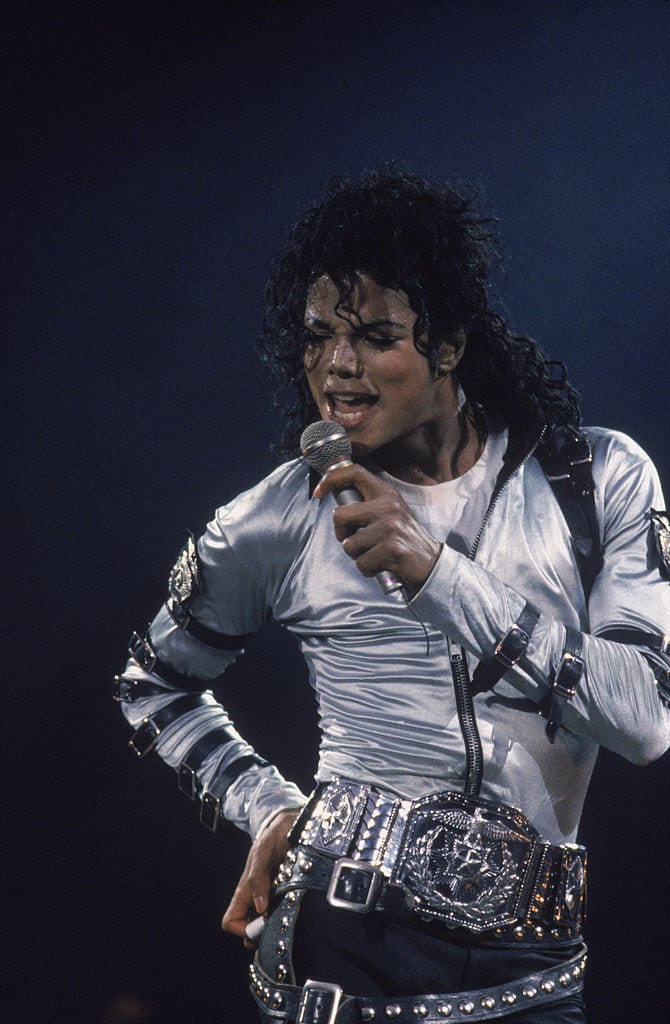
The subsequent investigation revealed the extent of Jackson’s drug dependency and the role propofol played in his tragic end.
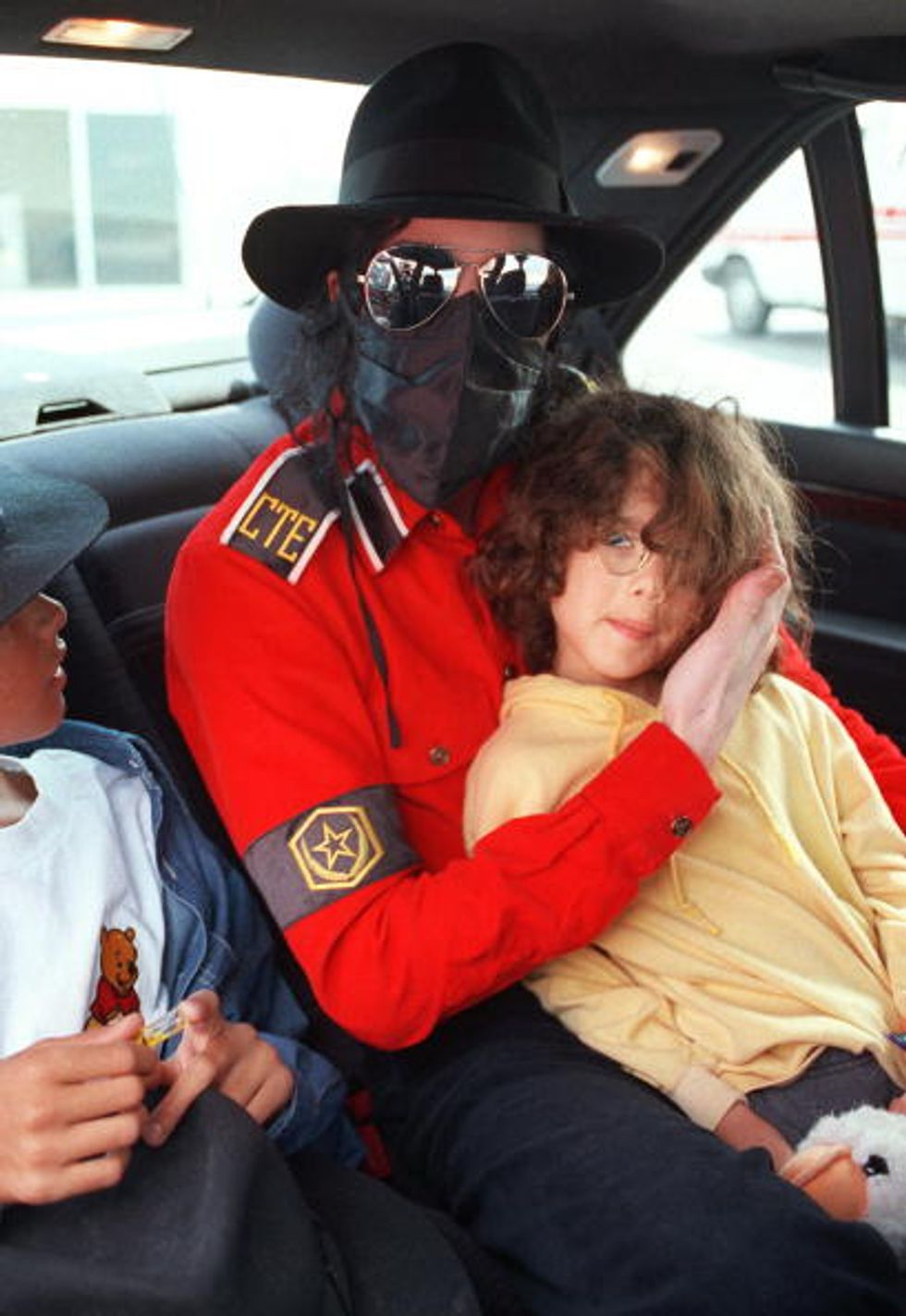
Dr. Murray, the man entrusted with Jackson’s care, faced public outrage and legal consequences.
He served nearly two years in a Los Angeles County jail before his release in October 2013.
 Murray’s medical licenses in California, Nevada, and Texas were suspended following his conviction.
Murray’s medical licenses in California, Nevada, and Texas were suspended following his conviction.
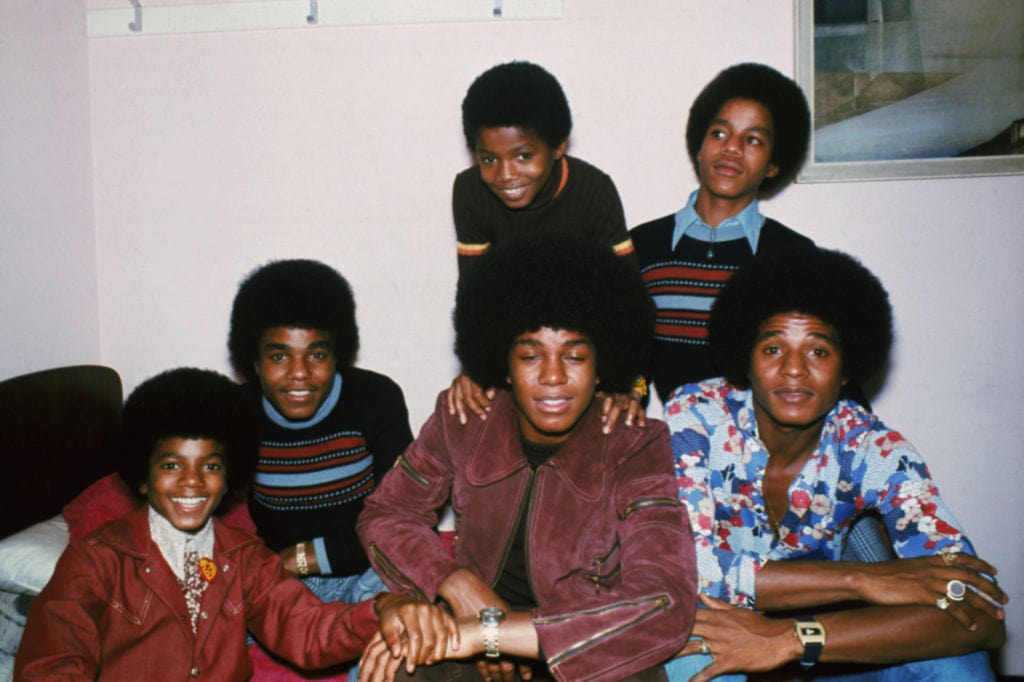
The world lost a musical genius, but his legacy continues to inspire and entertain.
Michael Jackson’s story is a tragic reminder of the dark side of fame and the devastating impact of addiction.
His haunting final words, “Just make me sleep; it doesn’t matter what happens,” echo the desperate plea of a man who had everything but peace.
As we remember the King of Pop, we must also acknowledge the struggles that led to his untimely death.
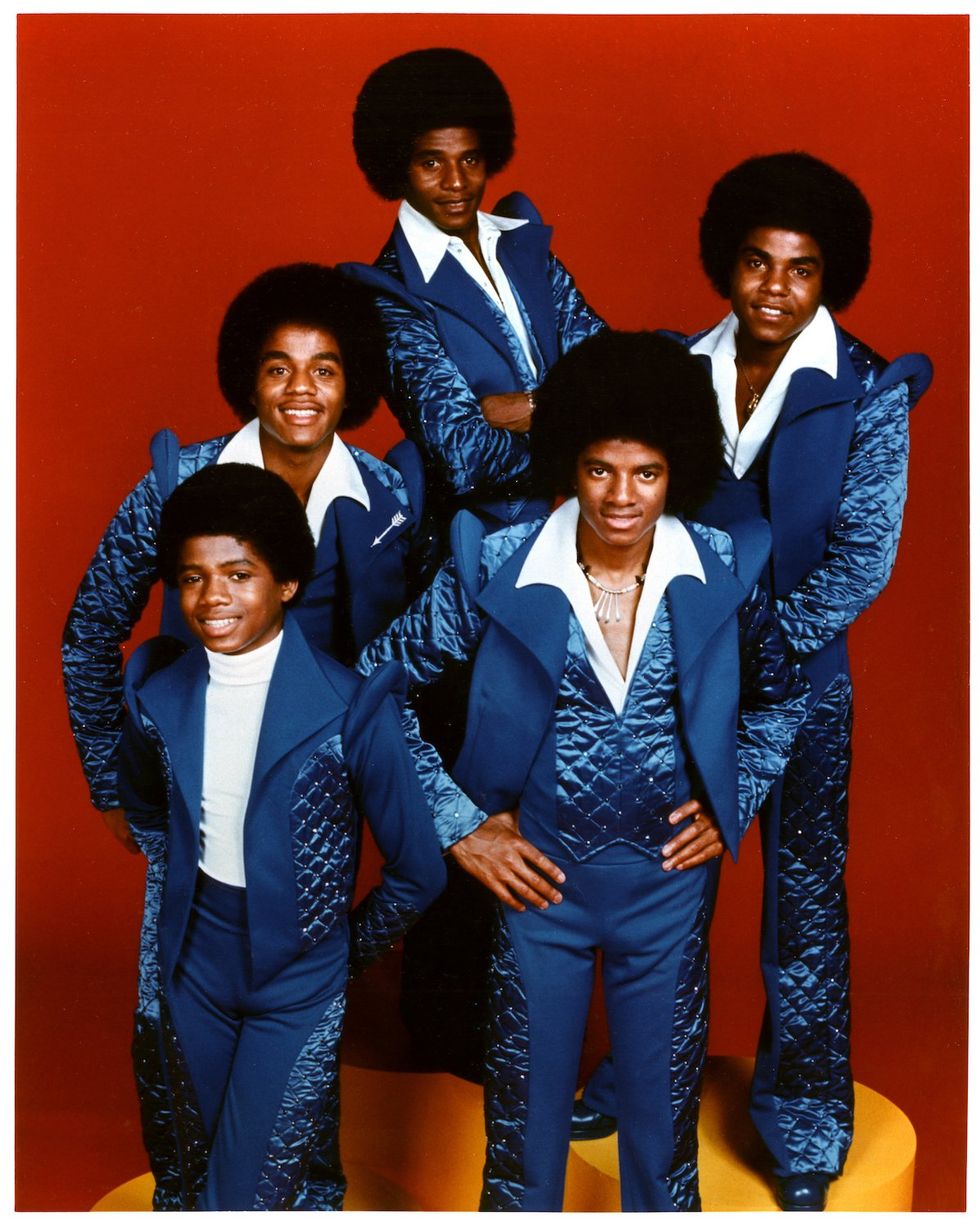
Jackson’s life was a complex tapestry of triumphs and tribulations, woven together by his extraordinary talent and enduring influence.
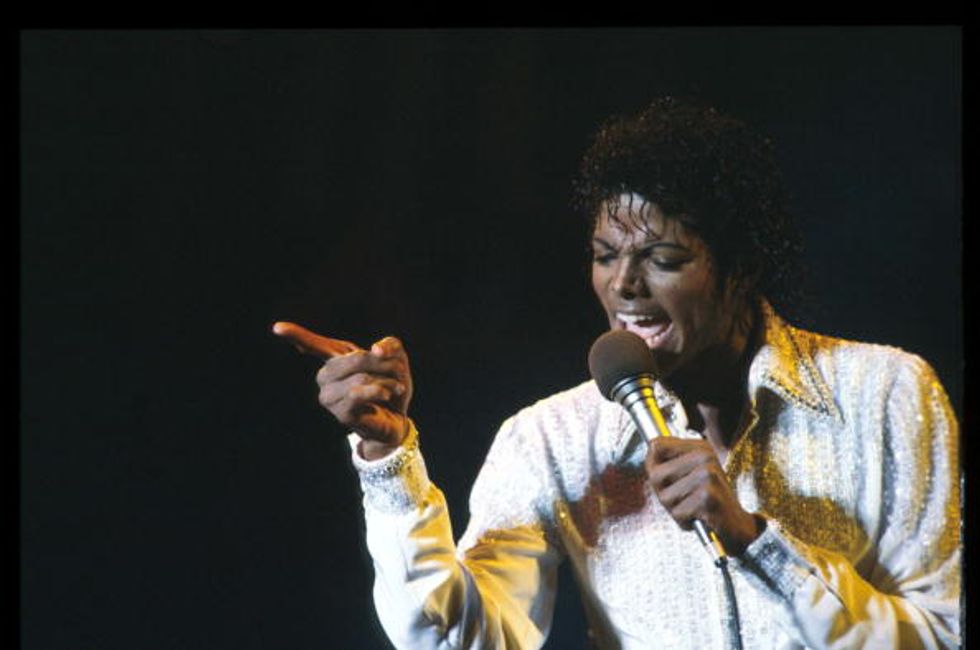
While his music continues to resonate with new generations, his tragic end serves as a poignant cautionary tale.
Michael Jackson’s final chapter may be filled with sorrow, but his legacy remains a testament to his unparalleled contribution to the world of music.
News
Brownlee s FIBA OQT All-Star five nod
MANILA, Philippines — Justin Brownlee was named to the FIBA Olympic Qualifying Tournament digital All-Star five in Riga, Latvia following his all-around efforts that vaulted the Philippines to the crossover semifinals. The Gilas Pilipinas naturalized player averaged 23 points, 8.3…
Why is the “close” relationship between India and Qatar increasing?
S Jaishankar was received at the airport by Chief of Protocol Ibrahim Fakhroo. Doha: External Affairs Minister S Jaishankar on Sunday met Qatar’s Prime Minister Mohammed bin Abdulrahman bin Jassim Al Thani in Doha and reviewed bilateral relationship, with a focus…
Indian-American Man’s ₹ 8,300 Crore Fraud Scheme Shakes Top US Investors
The facade began to crumble in 2017 when a media expose brought the fraudulent activities into light. New Delhi: An Indian-American businessman Rishi Shah, the former billionaire cofounder of Outcome Health, has been sentenced to seven and a half years…
SHOCKING NEWS: The truth behind thousands of tragic deaths of pregnant women in Pakistan’s Islands
In Pakistan, 154 women die for every 100,000 live births -— a high maternal mortality rate shaped by socioeconomic status AFP On a densely populated island off Pakistan’s megacity of Karachi, a group of pregnant women wait in a punishing heatwave…
‘No right to interfere’: Pakistan hits back at US over election scrutiny
US House resolution calls for inquiry into Pakistan’s February vote, which former PM Imran Khan’s party alleged was rigged against it Mumtaz Zahra Baloch, spokesperson for Pakistan’s Foreign Ministry, says the country believes in constructive dialogue with the US [Courtesy…
“Bowlers Saved Virat Kohli”: Sanjay Manjrekar Says India Star Didn’t Deserve POTM Award
The T20 World Cup 2024 final continues to produce topics of debate. India’s victory against South Africa wasn’t a straightforward one, with the bowlers’ late heroics pulling the team back into the game. The likes of Jasprit Bumrah, Hardik Pandya, and Arshdeep…
End of content
No more pages to load
